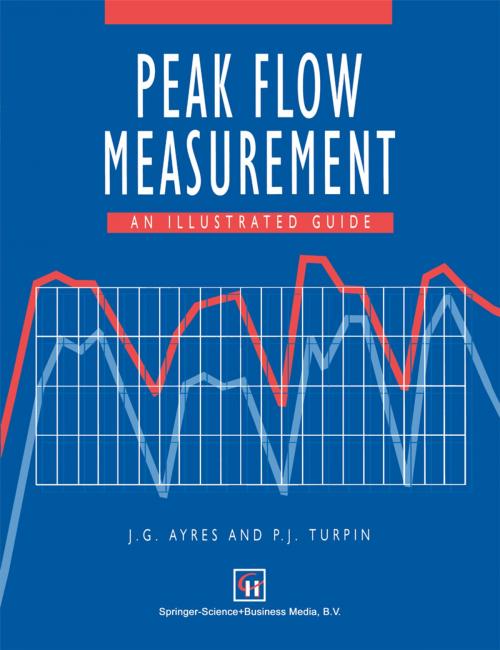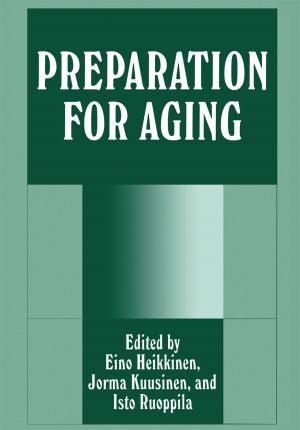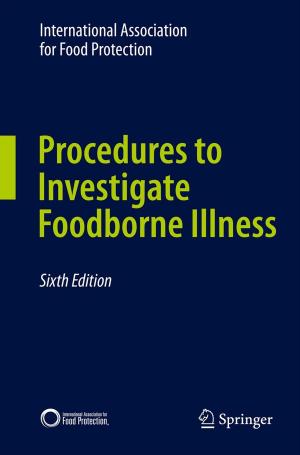Peak Flow Measurement
An illustrated guide
Nonfiction, Health & Well Being, Medical, Specialties, Pharmacy| Author: | J. G. Ayres, P. J. Turpin | ISBN: | 9781489930590 |
| Publisher: | Springer US | Publication: | November 11, 2013 |
| Imprint: | Springer | Language: | English |
| Author: | J. G. Ayres, P. J. Turpin |
| ISBN: | 9781489930590 |
| Publisher: | Springer US |
| Publication: | November 11, 2013 |
| Imprint: | Springer |
| Language: | English |
'I was born with inflammation of the lungs, and of everything else, I believe, that was capable of inflammation,' returned Mr Bounderby. 'For years, ma'am, I was one of the most miserable little wretches ever seen. ' Charles Dickens, Hard Times, Book 1, ch. 4 Asthma is a common condition. It affects at least 12% of school children and 5 % of adults in the UK. This amounts to around 140 patients in a General Practitioner's average list of 2000, not all of whom can be managed by specialist chest clinics and over half of whom will require prophylactic therapy. There are therefore at least 3 million sufferers in Britain today. Yet, despite the improvement in treatment available in the past decade there has been a rise in numbers of attacks of acute asthma, notably in children, and a consequent rise in hospital admissions. The same pattern is also seen in adults, albeit less marked. Despite a number of possible incriminating causes, the real reasons for the rise are not clear. Whatever the cause may be, the inevitable effect is clear - the workload of doctors and nurses is expanding with only now, in the mid-1990s, the suggestion that this increase has begun to level off. Each year around 2000 people die from asthma in England and Wales and two-thirds of these deaths are preventable. The economic costs of asthma are huge.
'I was born with inflammation of the lungs, and of everything else, I believe, that was capable of inflammation,' returned Mr Bounderby. 'For years, ma'am, I was one of the most miserable little wretches ever seen. ' Charles Dickens, Hard Times, Book 1, ch. 4 Asthma is a common condition. It affects at least 12% of school children and 5 % of adults in the UK. This amounts to around 140 patients in a General Practitioner's average list of 2000, not all of whom can be managed by specialist chest clinics and over half of whom will require prophylactic therapy. There are therefore at least 3 million sufferers in Britain today. Yet, despite the improvement in treatment available in the past decade there has been a rise in numbers of attacks of acute asthma, notably in children, and a consequent rise in hospital admissions. The same pattern is also seen in adults, albeit less marked. Despite a number of possible incriminating causes, the real reasons for the rise are not clear. Whatever the cause may be, the inevitable effect is clear - the workload of doctors and nurses is expanding with only now, in the mid-1990s, the suggestion that this increase has begun to level off. Each year around 2000 people die from asthma in England and Wales and two-thirds of these deaths are preventable. The economic costs of asthma are huge.















